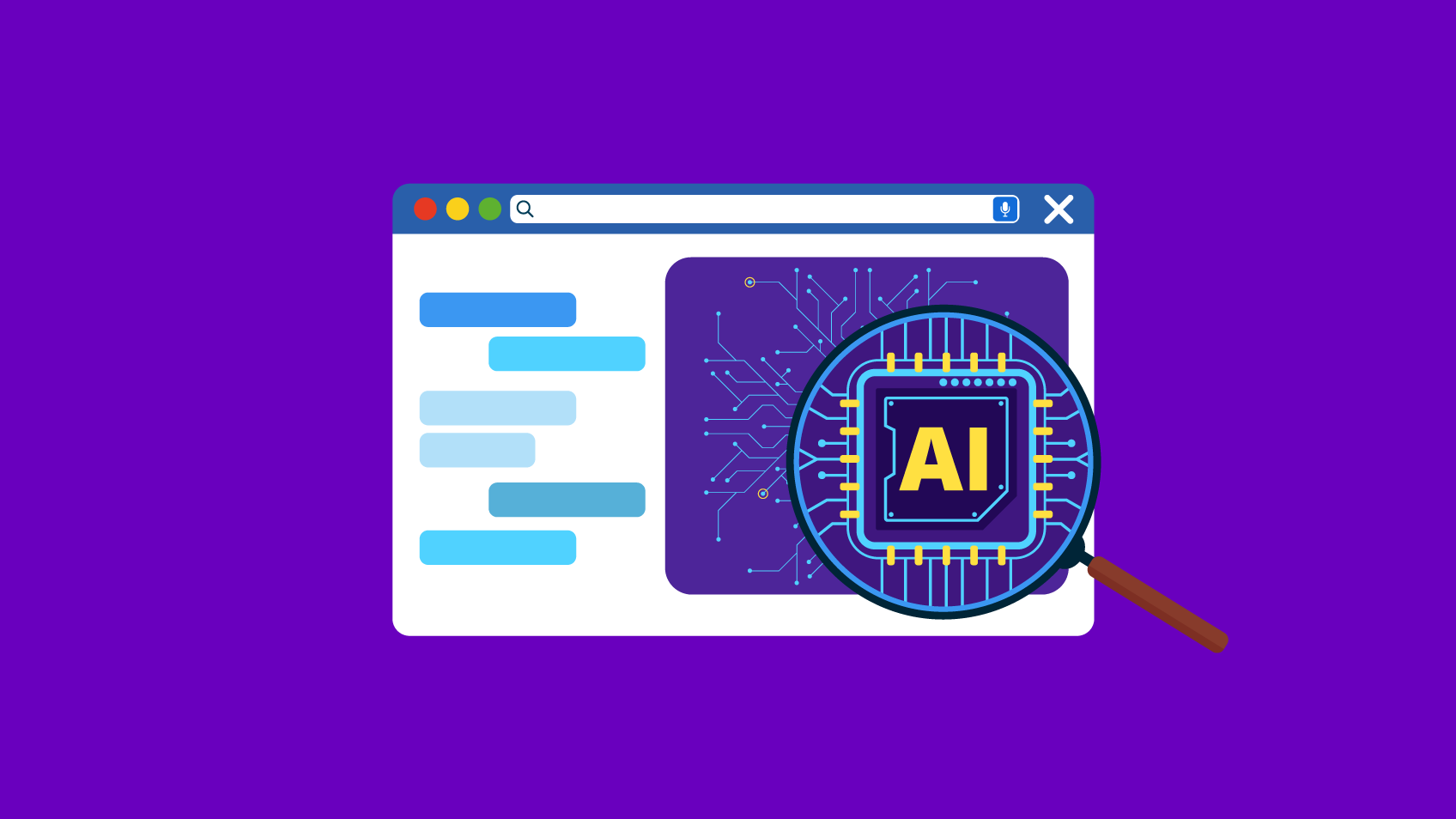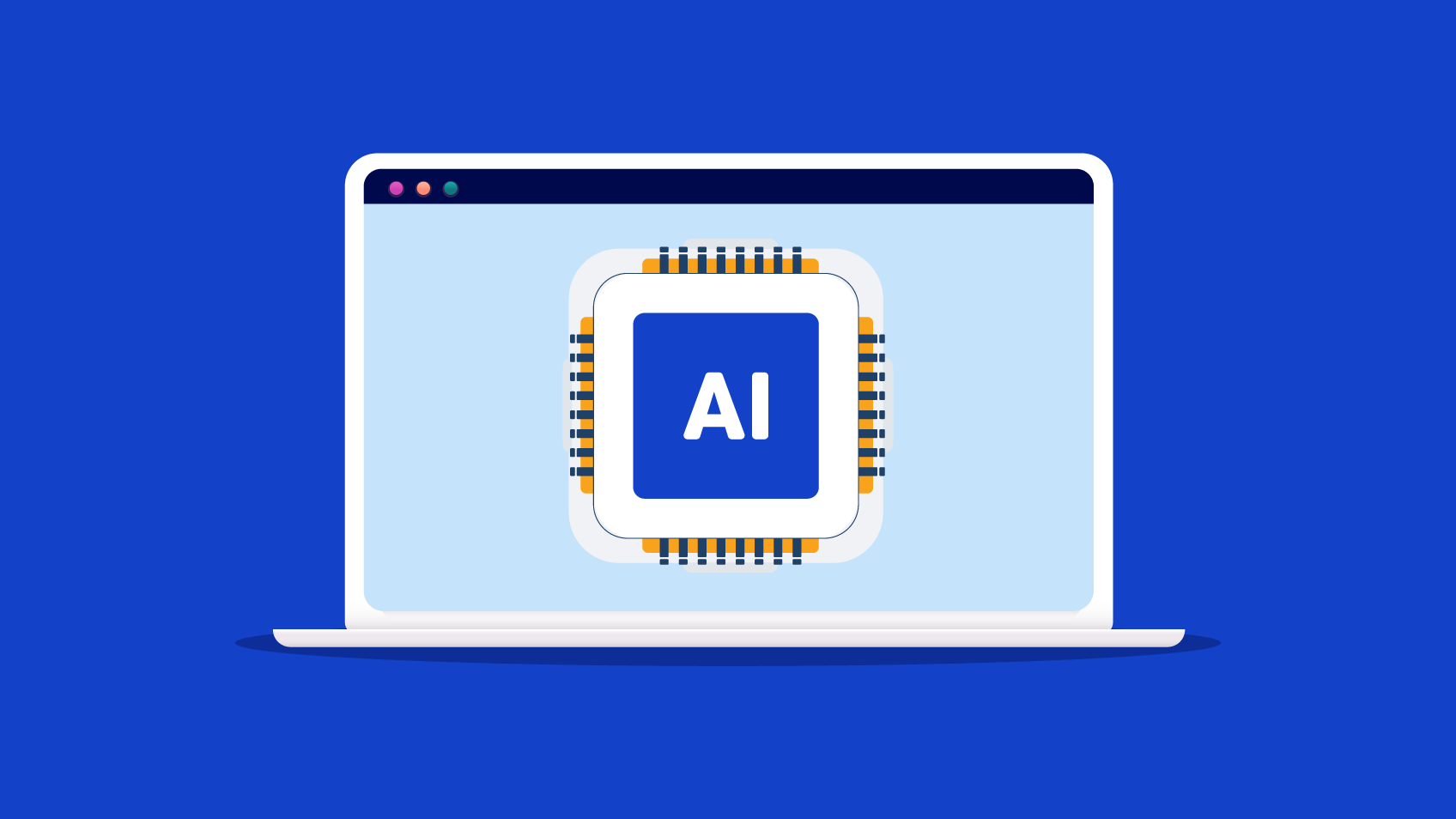5 SECOND-SUMMARY:
- Artificial Intelligence brings different benefits to the business: efficiency, time-saving, and reduce costs;
- However, these solutions always require control and responsibility in their use;
- In this article, we will explore the principles of ethics in ArtificiaI Intelligence and OpenAI as an ally for your business.
Many different types of companies are applying artificial intelligence (AI) to benefit their business, improve efficiency, save time and reduce costs, while trying to innovate through the potential of the technologies available.
According to a report by Precedence Research, the global AI market was valued at around 454.12 billion dollars in 2022, and is expected to reach a value of over 2,575.16 billion dollars by 2024. In addition, it revealed that 64 per cent of the companies surveyed believe that AI will help increase their overall productivity. This data reflects the growing confidence in AI’s potential to revolutionise business activities. As this technology continues to develop, ethical implications are beginning to emerge around how people and companies use it. The design and implementation of these systems must uphold and prioritise ethical values and principles, and organisations must structure themselves and their projects to guarantee this.
Artificial Intelligence and ethics: the principles
The relevance of ethical artificial intelligence is related to its ability to prevent negative consequences, such as discrimination and privacy violations. AI systems are increasingly integrated into society, which makes it increasingly important to understand how an ethical approach can help mitigate risks and ensure that it is effectively applied. In this sense, we believe that there are four principles to ensure that AI is developed and used in a fair, transparent, and responsible manner:
1. Equality: Developing AI systems that start from an equitable principle is challenging when they are developed by humans with different thoughts and backgrounds. Furthermore, the data used to train these systems reflects much of this bias. These solutions should be used equally for all people, regardless of race, gender or other characteristics, and those who develop them should keep this basic principle in mind. It is essential to test systems before using them in a real environment, in order to be able to identify situations that need to be addressed from an ethical point of view. This reduces the risk of AI tools exacerbating social disparities, democratic access to information or even discrimination.
2. Transparency: In order to guarantee user confidence and enable them to make decisions based on AI, systems must allow for a high level of transparency. Models that reach concrete conclusions but are difficult for humans to interpret may result in less application. Presenting reports describing their work can be a way of maintaining transparency in AI solutions, although a detailed level of understanding of the process used by the algorithms to arrive at a given result is not always possible. In these cases, a detailed analysis of the situation is necessary to ensure a degree of comfort with it and a risk assessment regarding its use.
3. Responsibility: Both creators and users of AI must be responsible for its creation and use, respectively. Whether in the initial testing and analysis phase, in the implementation phase or already in production environments, AI can produce negative consequences such as privacy leaks, bias and social disparities, among others. It is up to the human element to address, assume and resolve possible negative consequences, and you should consider blocking use cases that do not comply with the principles listed in this article.
4. Privacy: It is necessary to ensure the security of all users and their data. This principle is especially important in sectors such as finance or health, where sensitive personal information is often involved and whose disclosure can have serious consequences.
OpenAI and ethics
OpenAI is an artificial intelligence platform that offers tools and solutions for companies in various industries. As well as offering a wide range of services that are known and used worldwide, OpenAI’s core value is to guarantee the ethics of AI.
In general, OpenAI works with both Glass Box and Black Box models, depending on the problem you are trying to solve. The Glass Box AI model is based on Machine Learning, where a clear explanation of the reasoning behind decisions can be provided in a more transparent way, making it easier to interpret results. On the other hand, Black Box AI models are difficult for humans to interpret. Although the results these models produce may be accurate, the reasoning and decision-making process are opaque.
However, OpenAI’s commitment to ethics suggests that it values the development of transparent resources. As such, the organisation has published various research documents and technical reports describing its work.
OpenAI has developed tools that can mean business opportunities and should be exploited. With the right skills and knowledge, companies can take advantage of OpenAI’s options to develop innovative solutions that can improve customer experiences, increase efficiency and drive business growth. Some of the commonest examples are:
• Chatbots: Develop and implement chatbots that can interact with customers, answer questions and offer personalised recommendations 24/7.
• Fraud detection: Using machine learning models, OpenAI has developed tools that can identify patterns in data to detect suspicious activity. For example, it can detect when a user is logging into a system from an unknown device or location, or when an unusual amount of data is being transferred.
• Predictive analysis: OpenAI’s machine learning models can also be used to analyse customer data, trace patterns, predict trends and optimise business strategies accordingly.
• Customisation: OpenAI’s resources can be used to create personalised recommendation engines – from products to services and content – based on user preferences and behaviour.
How Xpand IT can help your business implement ethical AI
At Xpand IT, we help our clients understand how they can apply different technological solutions to address their business challenges – and AI is no exception.
Xpand IT works with a number of clients firstly to understand AI technologies, and then to implement solutions that make it possible to clearly understand the value that they can generate for organisations.
Through an iterative approach, it is possible to create a base project, which allows the technologies applied to each client’s reality to be tested, and then iterate to improve the results obtained and/or develop additional use cases – allowing you to get a concrete idea of applicability and costs, amongst other things.
Xpand IT is focused on helping our customers reach their full potential, based on innovative technologies. We are confident that organisations can harness the full potential of AI in an ethical and sustainable way. Are you interested in working together towards this goal? Contact us today!

Partner and DX & UX Lead – Xpand IT














